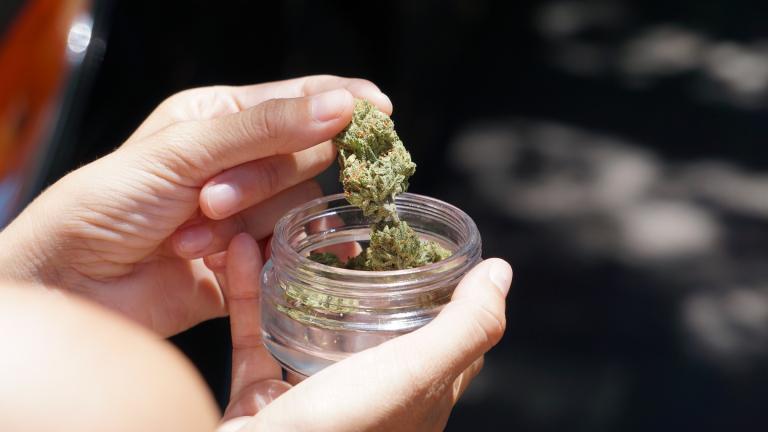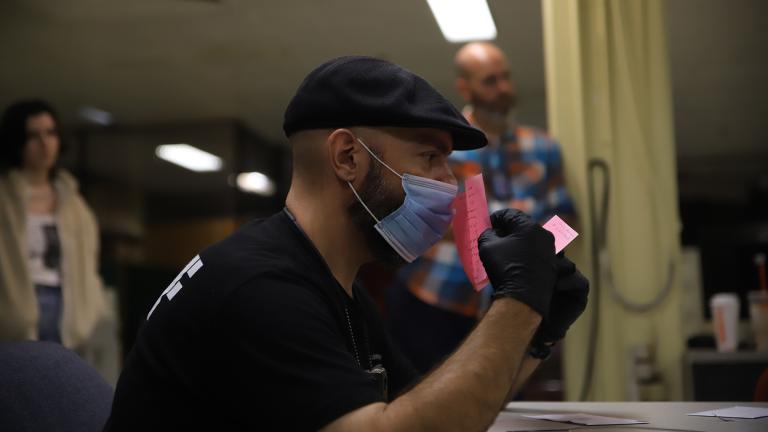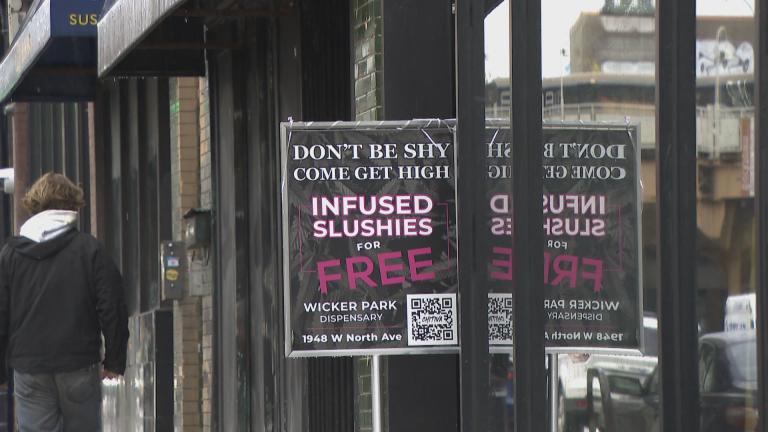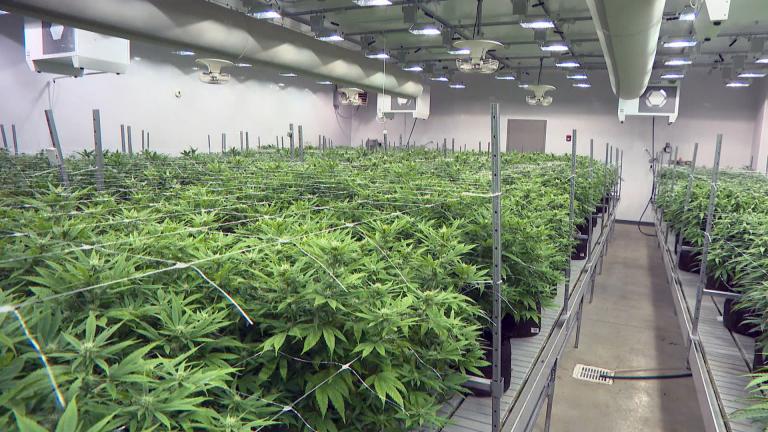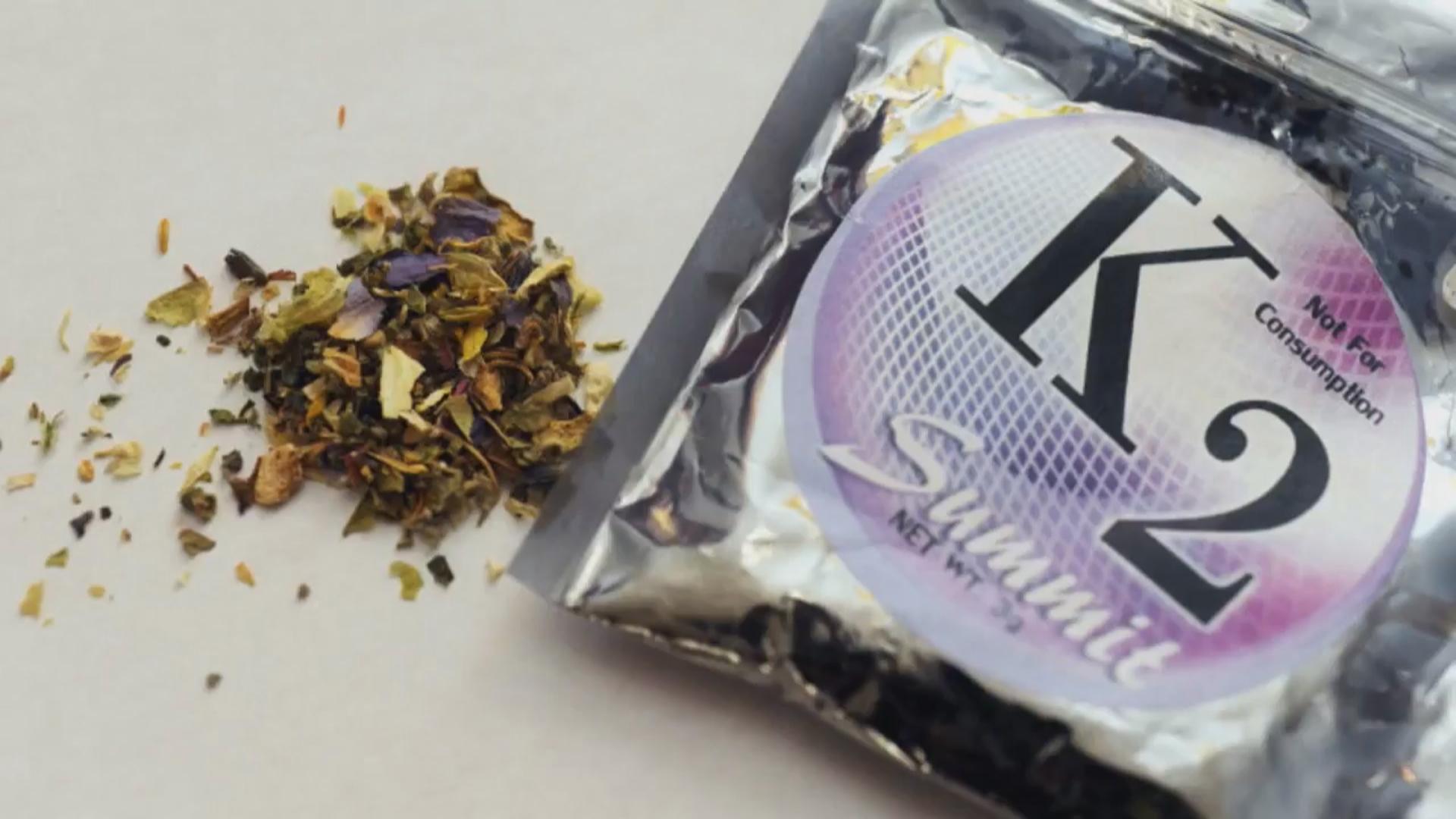
Synthetic cannabinoid use has now been linked to four deaths in Illinois since late March, according to the Illinois Department of Public Health.
On Tuesday, the department announced the death of a woman in her 30s in central Illinois. Two men, one his 20s and another in his 40s, have also died in central Illinois, according to the department. A third man was pronounced dead March 28 at Advocate Christ Medical Center. He was 22 years old.
While investigating that fatality, the Cook County Medical Examiner’s Office said it detected broadifacoum, a lethal anticoagulant often used in rat poison that can cause excessive bleeding.
Since early March, 153 people have experienced such bleeding after using the drugs. Symptoms have included coughing up blood, blood in urine, severe bloody nose, bleeding gums and/or internal bleeding, according to the department. The majority of the cases have occurred in Tazewell County (48), followed by Chicago (40).
“We continue to see new cases of individuals experiencing severe bleeding after using synthetic cannabinoids,” said IDPH Director Nirav D. Shah, in a statement Tuesday. “Like so many other drugs, synthetic cannabinoids are addictive and people are not able to give them up. Alternatively, they think that it won’t happen to them because they know their dealer or trust wherever they purchased the drugs.”
To counter the bleeding, patients are treated with intravenous or oral doses of vitamin K. Taken at high doses and over a period of several months, vitamin K can help restore the blood’s ability to clot. On Monday, IDPH announced a donation of nearly 800,000 tablets of vitamin K to help treat patients.
Health officials continue to urge people to avoid synthetic cannabinoids even if they’ve used them in the past without incident.
Often sold as Spice, K2 or fake weed, synthetic cannabinoids are man-made chemicals that act on the same brain cell receptors as the main active ingredient in marijuana (tetrahydrocannabinol, or THC), according to the Centers for Disease Control and Prevention. The drugs are not regulated and a steady flow of new ones, with unknown health risks, become available each year.
Anyone who has an adverse reaction to synthetic cannabinoids should call 911 or go immediately to the emergency department, according to IDPH. Officials also urge patients to inform health care providers about a possible link between their symptoms and synthetic cannabinoid use, and to share information about where they purchased the drugs.
Synthetic cannabinoids can be found throughout the state and U.S. in convenience stores, gas stations, novelty stores, drug paraphernalia stores and online, according to IDPH, which continues to investigate the outbreak.
Contact Kristen Thometz: @kristenthometz | [email protected] | (773) 509-5452
Related stories:
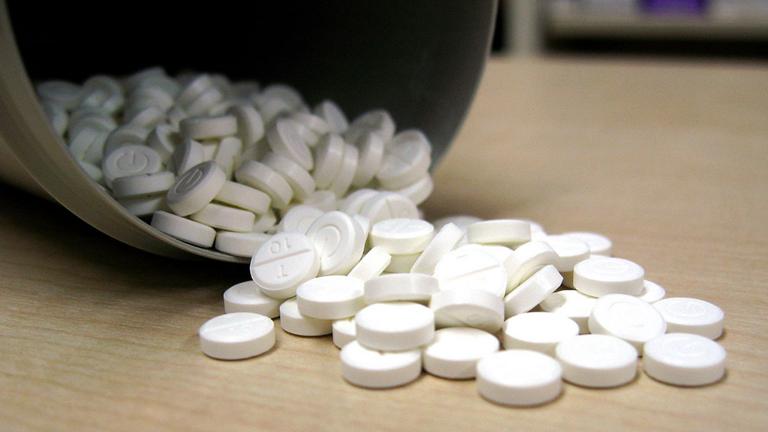 Illinois Gets Huge Donation for Synthetic Cannabinoids Treatment
Illinois Gets Huge Donation for Synthetic Cannabinoids Treatment
April 23: How a donation of nearly 800,000 tablets of vitamin K can help treat severe bleeding related to the use of synthetic cannabinoids.
 3 Illinois Deaths Linked to Synthetic Marijuana Use
3 Illinois Deaths Linked to Synthetic Marijuana Use
April 9: Two Illinois men in their 20s and one in his 40s have died since March 28 after experiencing severe bleeding related to the use of synthetic cannabinoids, according to the Illinois Department of Public Health.
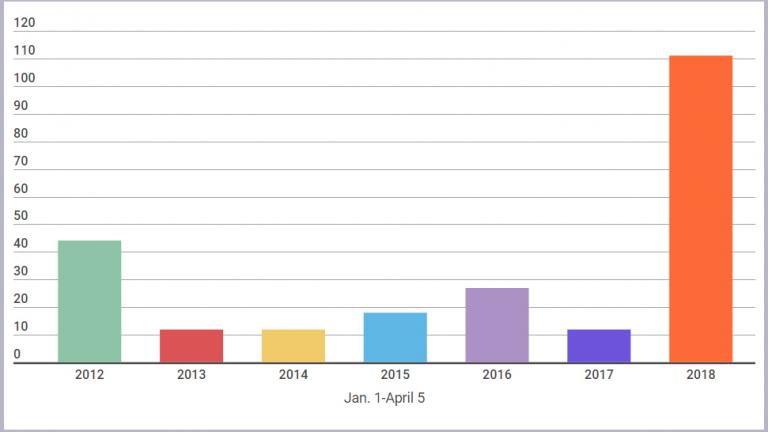 Reports of Illness Linked to Synthetic Cannabinoid Use Surge in 2018
Reports of Illness Linked to Synthetic Cannabinoid Use Surge in 2018
April 6: In the first 95 days of 2018, there have been 111 cases of illness related to synthetic cannabinoid use in Illinois, according to the Illinois Poison Center. Episodes of severe bleeding are driving the bulk of that increase.


